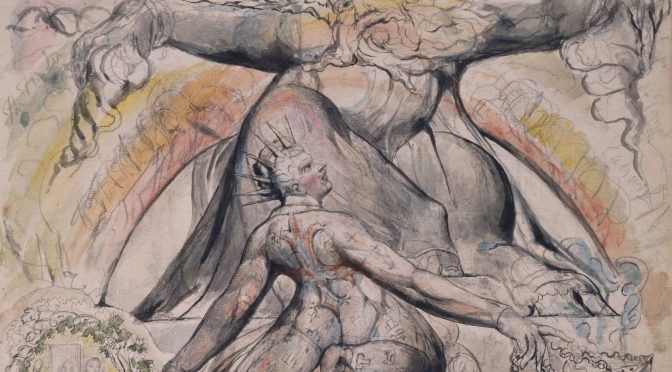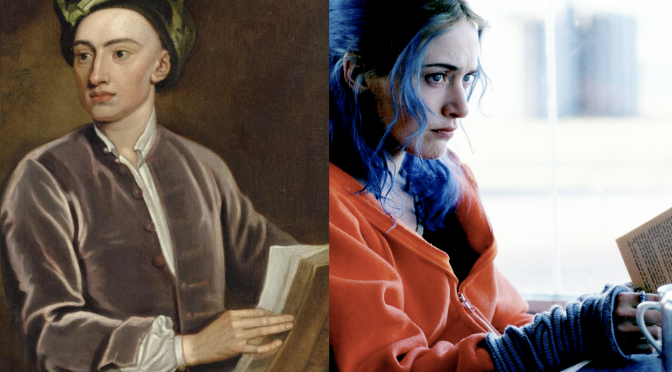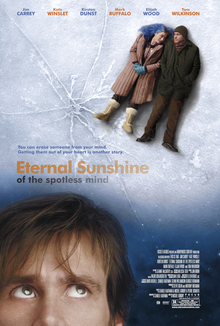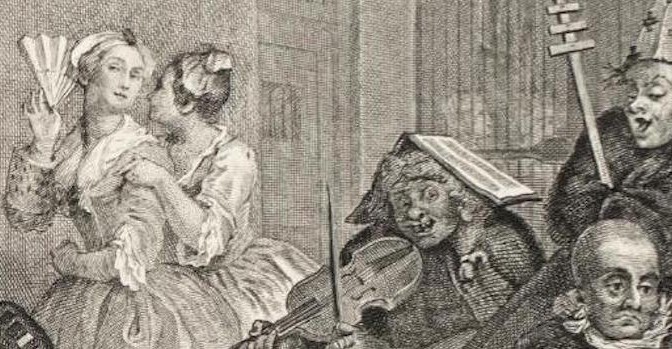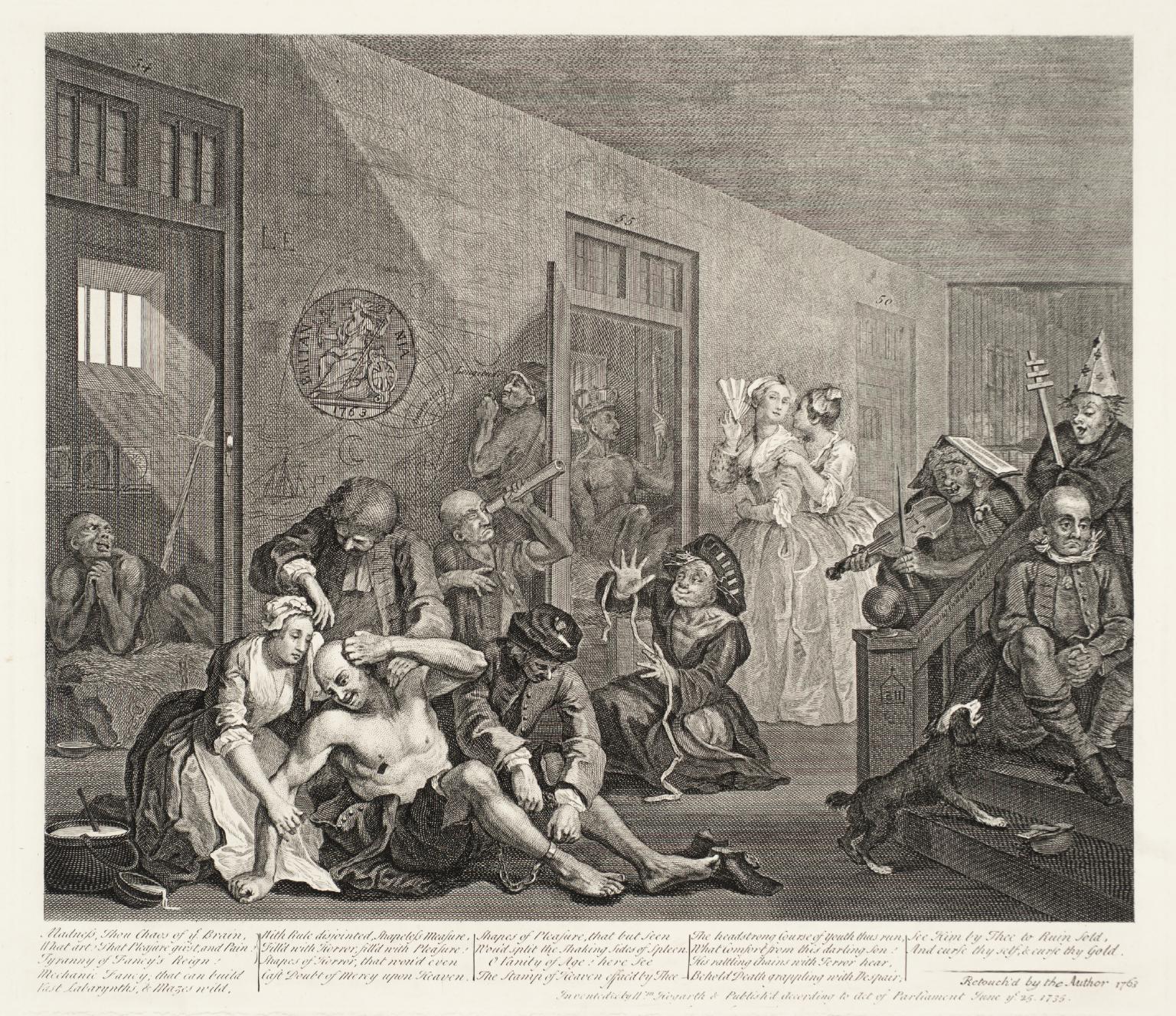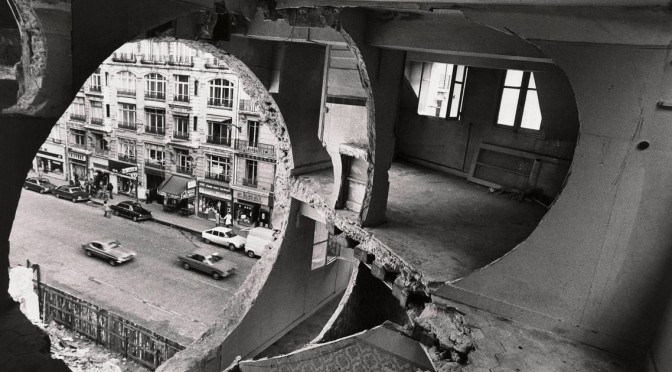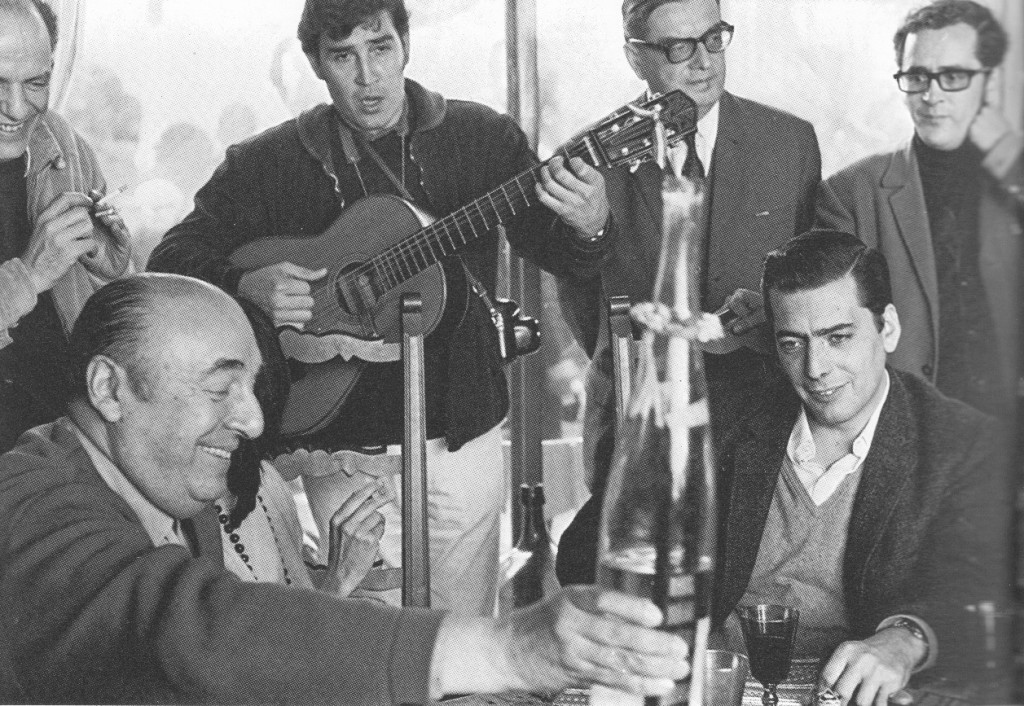By James Carney
Second-year English Literature and Classics student and Gale Ambassador James Carney reflects on ‘Tracing the Legacy of William Blake with British Literary Manuscripts Online’, his recent piece published in The Gale Review.
Writing this article on William Blake finally satisfied an itch that I held for quite a long time in the most effective way possible. Over the course of my studies, Blake’s name had hung in the background as some sort of enigmatic shadow that I would encounter later, when I was ready. In my A-Level English Literature class on Christina Rossetti and the pre-Raphaelites, his influence lingered but was never explicitly discussed. As I progressed to university, this ghostly influence became even more pronounced – from thematic parallels in works like J.M. Barrie’s to the shared cultural context of romanticism in studies of Wordsworth, I felt like I was gradually honing in on this mysterious figure. So, when Gale commissioned me to write an article using their British Literary Manuscripts Online, I knew exactly where my interest lay.

